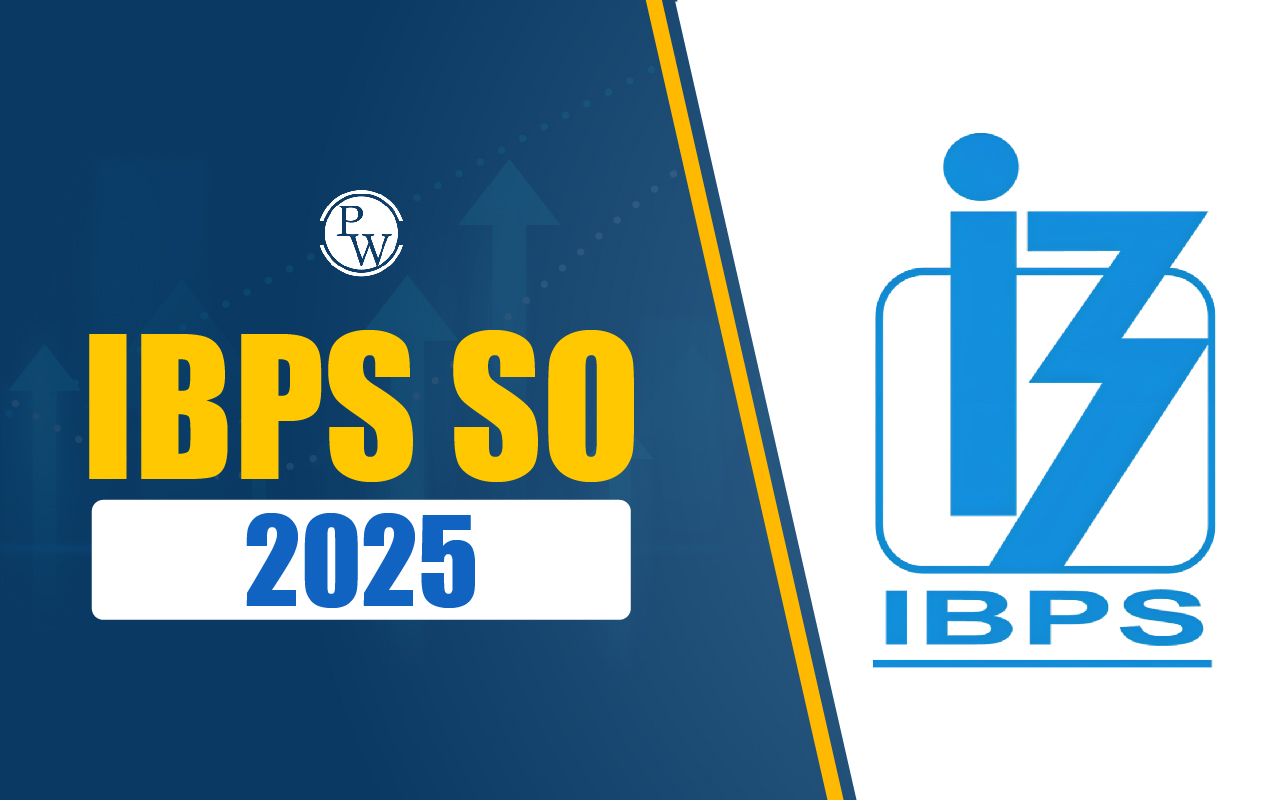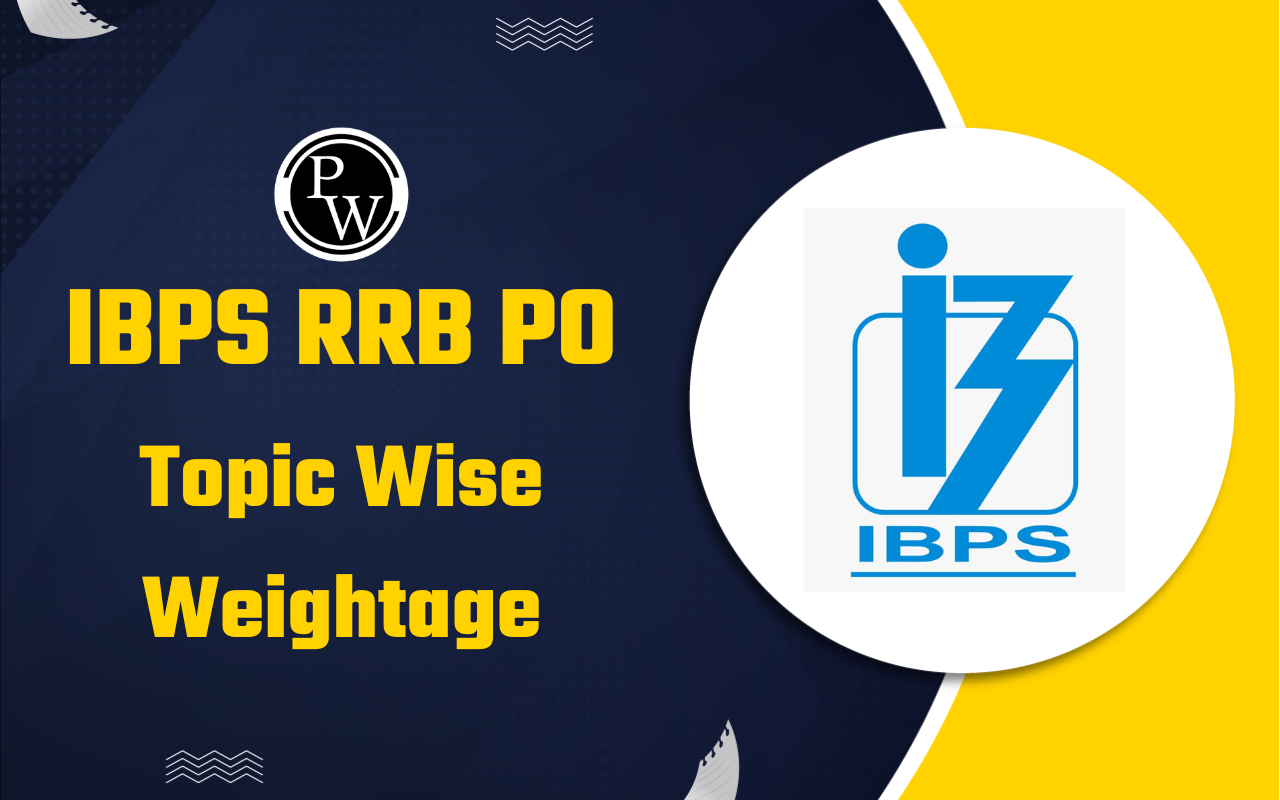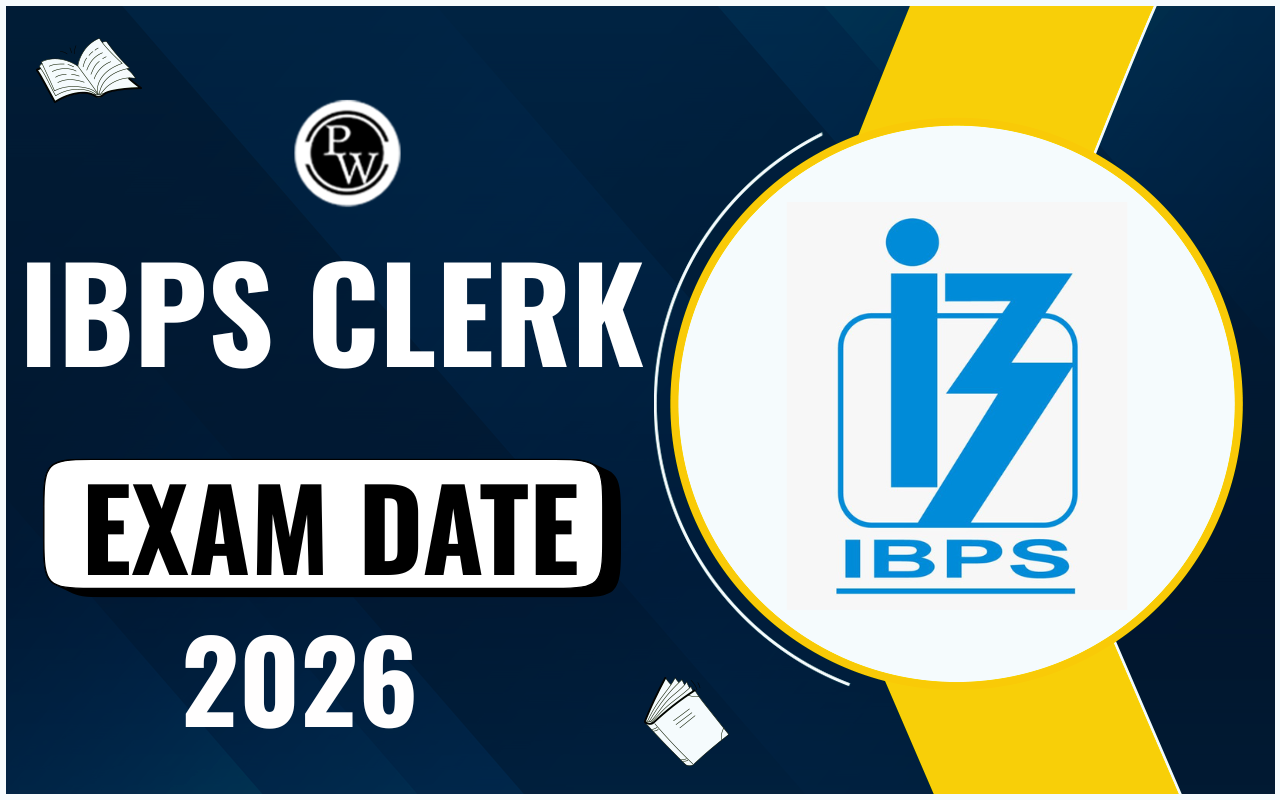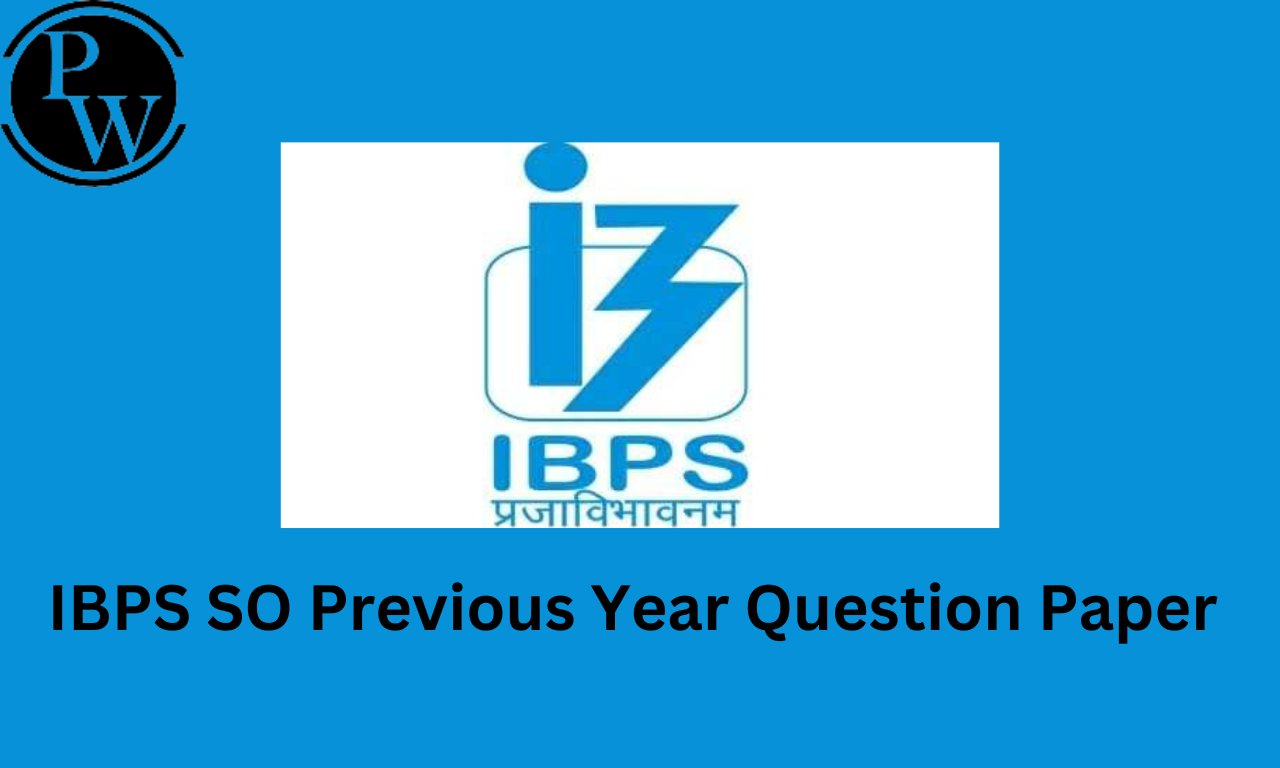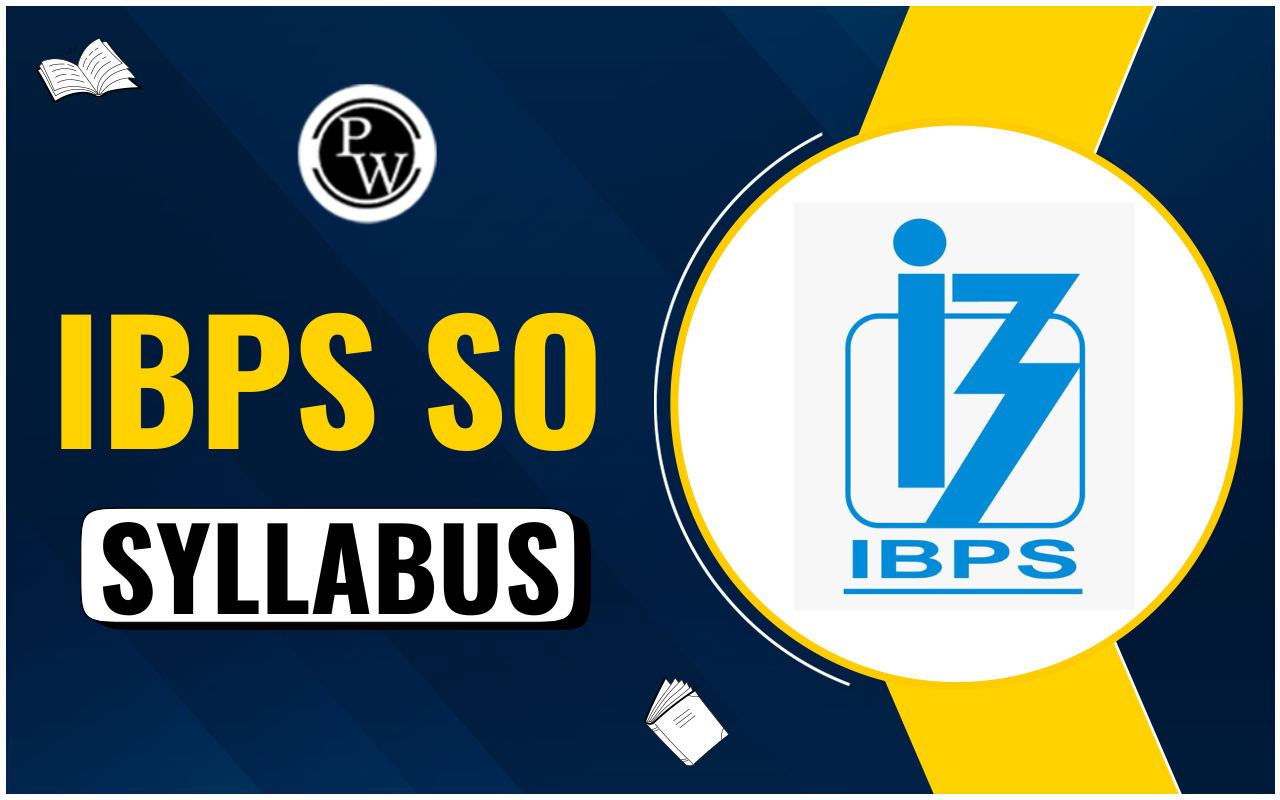
Banking Career Paths for Commerce Students: A career in banking offers a dynamic and promising pathway for commerce students. With the growth of the global financial sector, the banking industry continues to expand providing a wide range of career opportunities for individuals interested in finance, economics, and management. For commerce students, banking is one of the most sought-after career options, as it combines analytical skills with the opportunity for job stability, good salaries, and career growth.
In this article we will explain the various banking career paths available for commerce students, including job roles, required qualifications, and potential for career growth.Types of Banking Careers for Commerce Students
There are several career options available within the banking sector for commerce students. These roles fall into two categories: retail banking and corporate banking. Each of these fields provide different job roles and opportunities for growth. 1. Retail Banking Retail banking involves dealing directly with consumers and small businesses. It includes services such as savings accounts, personal loans, mortgages, and credit cards. Here are the common roles in retail banking: a. Bank Probationary Officer (PO) A Bank PO is one of the most sought-after positions for commerce graduates. Probationary Officers are responsible for managing daily operations, customer services, and handling banking transactions. They are also involved in supervision and administration within the branch.- Responsibilities : Customer service, loan processing, branch management, managing staff, and reporting to senior officers.
- Salary : The starting salary for a Bank PO can range from INR 4-6 lakhs per annum, with opportunities for bonuses and allowances.
- Responsibilities : Managing client portfolios, providing financial advice, promoting bank products, handling customer inquiries, and resolving issues.
- Salary : The salary for a Relationship Manager typically ranges from INR 6-12 lakhs per annum, depending on experience and client base.
- Responsibilities : Handling deposits, withdrawals, updating accounts, and assisting customers with queries.
- Salary : Bank Clerks earn around INR 2.5-3.5 lakhs per annum at the entry-level.
- Responsibilities : Handling business loans, working capital management, managing corporate client accounts, and promoting customized banking products.
- Salary : Corporate Relationship Managers can earn anywhere between INR 8-15 lakhs per annum based on experience and the scale of the business accounts managed.
- Responsibilities : Assessing loan applications, conducting financial analysis, preparing reports, and advising senior management on credit decisions.
- Salary : Credit Analysts in banks earn between INR 5-8 lakhs per annum, with the potential for salary increases as they gain more experience.
- Responsibilities : Managing cash flows, investment portfolios, foreign exchange, and market risk management for corporate clients.
- Salary : A Treasury Manager’s salary ranges from INR 9-15 lakhs per annum, depending on the complexity of the role and the organization.
- Responsibilities : Conducting financial analyses, preparing presentations for clients, advising on mergers, acquisitions, and IPOs.
- Salary : Entry-level salaries for Investment Bankers start at INR 8-12 lakhs per annum, with senior professionals earning INR 25 lakhs or more.
- Responsibilities : Analyzing financial reports, creating investment strategies, and providing insights on stock movements and market trends.
- Salary : Equity Analysts in top-tier firms earn INR 7-12 lakhs per annum, with senior analysts earning more.
- Responsibilities : Identifying potential risks, implementing mitigation strategies, and ensuring compliance with legal and regulatory requirements.
- Salary : A Risk Manager can expect to earn between INR 10-18 lakhs per annum.
- Responsibilities : Ensuring compliance with banking regulations, conducting internal audits, and reviewing financial statements.
- Salary : Compliance Officers typically earn INR 7-12 lakhs per annum, depending on their experience and the bank’s size.
Required Skills and Qualifications for Banking Careers
To secure a banking job, commerce students should develop the following skills and qualifications:- Educational Qualifications : A BCom degree is the minimum requirement for most banking jobs. However, pursuing additional qualifications such as an MBA, CFA, or CA can significantly enhance career prospects.
- Technical Skills : Familiarity with financial software (such as Tally, SAP, and Excel) and a solid understanding of financial concepts are essential.
- Analytical Skills : A good grasp of data analysis, risk assessment, and problem-solving abilities are crucial in various banking roles, especially in investment banking, credit analysis, and risk management.
- Communication Skills : Effective verbal and written communication is key, particularly for customer-facing roles such as Relationship Manager and Bank PO.
- Attention to Detail : Accuracy is vital in roles like accounting, auditing, and compliance.
- Regulatory Knowledge : Understanding banking regulations and compliance procedures is essential, especially in roles related to risk management and legal compliance.
Career Growth in Banking
A career in banking offers structured progression, rewarding performance, and opportunities to specialize in diverse areas. Here is how career growth unfolds in the banking sector:Entry-Level Positions
As a commerce graduate, your career in banking often begins with roles that involve customer interaction, financial services, and operations.Probationary Officer (PO) / Management Trainee
- Role : Customer service, loan processing, and branch management training.
- Skills Needed : Problem-solving, communication, and financial knowledge.
- Growth Path : Fast-track promotion to managerial roles.
Clerk
- Role : Handling cash transactions, customer inquiries, and back-office operations.
- Skills Needed : Attention to detail, communication, and multitasking.
- Growth Path : Progress to officer and managerial roles through internal exams.
Relationship Manager
- Role : Managing client relationships, cross-selling financial products like loans, and mutual funds.
- Growth Path : Transition to senior relationship manager and then wealth management roles.
Mid-Level Positions
After gaining experience and clearing internal or external exams (like JAIIB, CAIIB), you can move to mid-level roles.Assistant Manager / Branch Manager
- Role : Overseeing branch operations, managing teams, and ensuring profitability.
- Salary : ₹6-10 LPA.
Credit Analyst / Risk Manager
- Role : Assessing creditworthiness of individuals/companies, managing loan approvals, and mitigating risks.
- Skills Needed : Analytical skills and financial expertise.
- Salary : ₹8-15 LPA.
Operations Manager
- Role : Streamlining branch operations and ensuring regulatory compliance.
- Growth Path : Transition to regional or zonal operations roles.
Senior-Level Positions
With significant experience and a proven track record, you can progress to senior management roles.Regional/Zonal Manager
- Role : Managing multiple branches, implementing strategies, and ensuring regional targets are met.
- Salary : ₹15-25 LPA.
Vice President / General Manager
- Role : Overseeing large teams, focusing on business development, and managing portfolios.
- Skills Needed : Leadership, strategic planning, and industry insights.
- Salary : ₹25-40 LPA.
Chief Financial Officer (CFO) / Chief Risk Officer (CRO)
- Role : Leading the bank's financial or risk management strategies.
- Salary : ₹40 LPA+.
Top 10 Certificate Courses in Banking for Commerce Students
Certificate courses in banking offer a streamlined way to gain specialized knowledge and practical skills in the field. Whether you’re a beginner or an experienced professional, these courses can boost your understanding and career prospects in the banking and financial sector. Here are the top 10 certificate courses in banking available in India:1. Junior Associate of the Indian Institute of the Bankers (JAIIB)
This certificate course is created for individuals in the banking and finance sector, this course emphasizes banking principles, legal aspects, and financial management.- Platform : Indian Institute of Banking & Finance (IIBF)
- Fees : INR 2,700
2. Certified Associate of the Indian Institute of Bankers (CAIIB)
This course is ideal for experienced professionals and covers advanced topics in banking, risk management, and financial services.- Platform : IIBF
- Platform : NIT Jalandhar
- Duration : 3 months
- Fees : INR 45,000
4. Certificate in Banking and Finance (CBF)
This course provides a broad understanding of banking operations, risk management, and regulatory compliance.- Platform : National Institute of Banking Studies and Corporate Management (NIBSCOM)
5. Management of Commercial Banking
Focuses on risk management, profitability, and liquidity in commercial banking, making it a great option for commerce students.- Platform : Swayam
- Duration : 12 weeks
- Fees : Free (INR 1,000 for certificate)
6. Digital Banking Business Model
This course teaches about digital transformation in banking, including new technologies and changing consumer behavior.- Platform : edX
- Duration : 4 weeks
- Fees : Free
7. Certificate in International Banking and Trade Finance
Focused on trade finance, foreign exchange, and international banking, this course is beneficial for commerce students interested in global banking.- Platform : Institute of Finance, Banking, and Insurance (IFBI)
8. Certificate in Anti-Money Laundering and Know Your Customer (AML-KYC)
Learn about compliance, regulatory frameworks, and anti-money laundering practices to enhance employability in banking compliance roles.- Platform : IIBF
- Fees : INR 1,200 - 1,600
9. Executive Programme in Banking and Financial Sector
A comprehensive course that combines banking, financial markets, and leadership training.- Platform : IIM Calcutta
- Duration : 1 year
- Fees : INR 3,26,000
10. Advanced Programme in Banking and Leadership for a Digital World
This program emphasizes digital banking strategies and leadership skills, perfect for future-ready commerce professionals.- Platform : NIBM Pune via TalentSprint
- Duration : 6 months
- Fees : INR 2,00,000 + INR 25,000 (Campus Visit Fee)
Banking Career Paths for Commerce Students, Job Roles, and Career Growth FAQs
What qualifications are required for a banking career?
What is the role of a Probationary Officer (PO) in a bank?
Can I work in investment banking with a commerce background?
What is the role of a Risk Manager in banking?
How important is the IBPS exam for a banking career?


